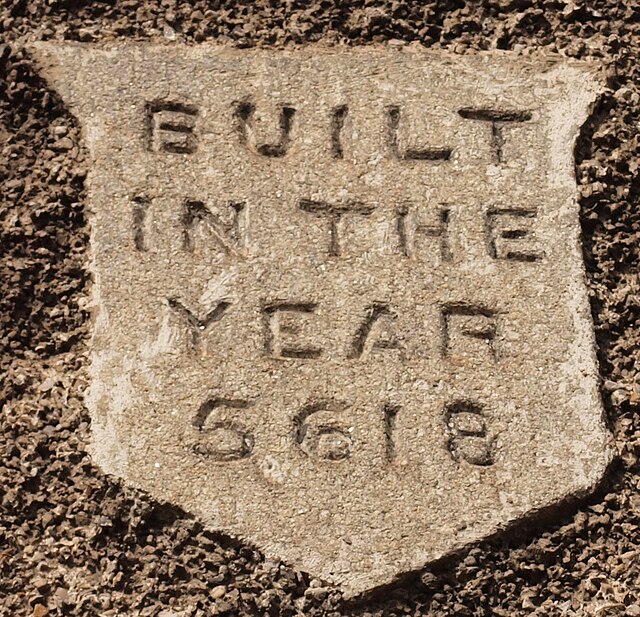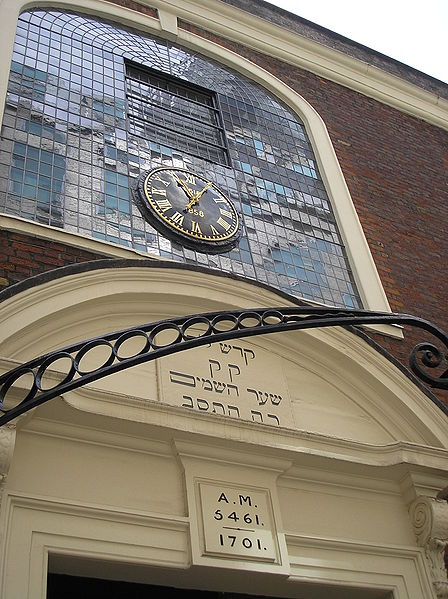Anno Mundi, abbreviated as AM or A.M., or Year After Creation, is a calendar era based on the biblical accounts of the creation of the world and subsequent history. Two such calendar eras have seen notable use historically:Since the Middle Ages, the Hebrew calendar has been based on rabbinic calculations of the year of creation from the Hebrew Masoretic Text of the Bible. This calendar is used within Jewish communities for religious purposes and is one of two official calendars in Israel. In the Hebrew calendar, the day begins at sunset. The calendar's epoch, corresponding to the calculated date of the world's creation, is equivalent to sunset on the Julian proleptic calendar date 6 October 3761 BCE. The new year begins at Rosh Hashanah, in Tishrei. Anno mundi 5784 began at sunset on 15 September 2023 according to the Gregorian calendar.
The Byzantine calendar was used in the Eastern Roman Empire and many Christian Orthodox countries and Eastern Orthodox Churches and was based on the Septuagint text of the Bible. That calendar is similar to the Julian calendar except that its reference date is equivalent to 1 September 5509 BCE on the Julian proleptic calendar.

A Jewish gravestone using the Year After Creation (Anno Mundi) chronology, found just outside the Rotunda of Thessaloniki
Inscription in Ballybough Cemetery, Ireland, indicating Anno Mundi 5618 (AD 1857)
The inscription over the Bevis Marks Synagogue, City of London, gives a year in Anno Mundi (5461) and Anno Domini (1701).
Genesis creation narrative
The Genesis creation narrative is the creation myth of both Judaism and Christianity. The narrative is made up of two stories, roughly equivalent to the first two chapters of the Book of Genesis. In the first, Elohim creates the heavens and the Earth in six days, then rests on, blesses, and sanctifies the seventh. In the second story God creates Adam, the first man, from dust and places him in the Garden of Eden. There he is given dominion over the animals. Eve, the first woman, is created from Adam's rib as his companion.
Cuneiform tablet with the Atra-Hasis Epic in the British Museum
Marduk, god of Babylon, destroying Tiamat, the dragon of primeval chaos
The Ancient of Days by William Blake (Copy D, 1794)
The first day of creation, by Jean Colombe from the Heures de Louis de Laval [fr] (see Louis de Laval)







![The first day of creation, by Jean Colombe from the Heures de Louis de Laval [fr] (see Louis de Laval)](https://upload.wikimedia.org/wikipedia/commons/thumb/1/1a/Heures_de_Louis_de_Laval_-_BNF_Lat920_f2r_%28Dieu_cr%C3%A9ateur_de_la_terre%29.jpg/432px-Heures_de_Louis_de_Laval_-_BNF_Lat920_f2r_%28Dieu_cr%C3%A9ateur_de_la_terre%29.jpg)